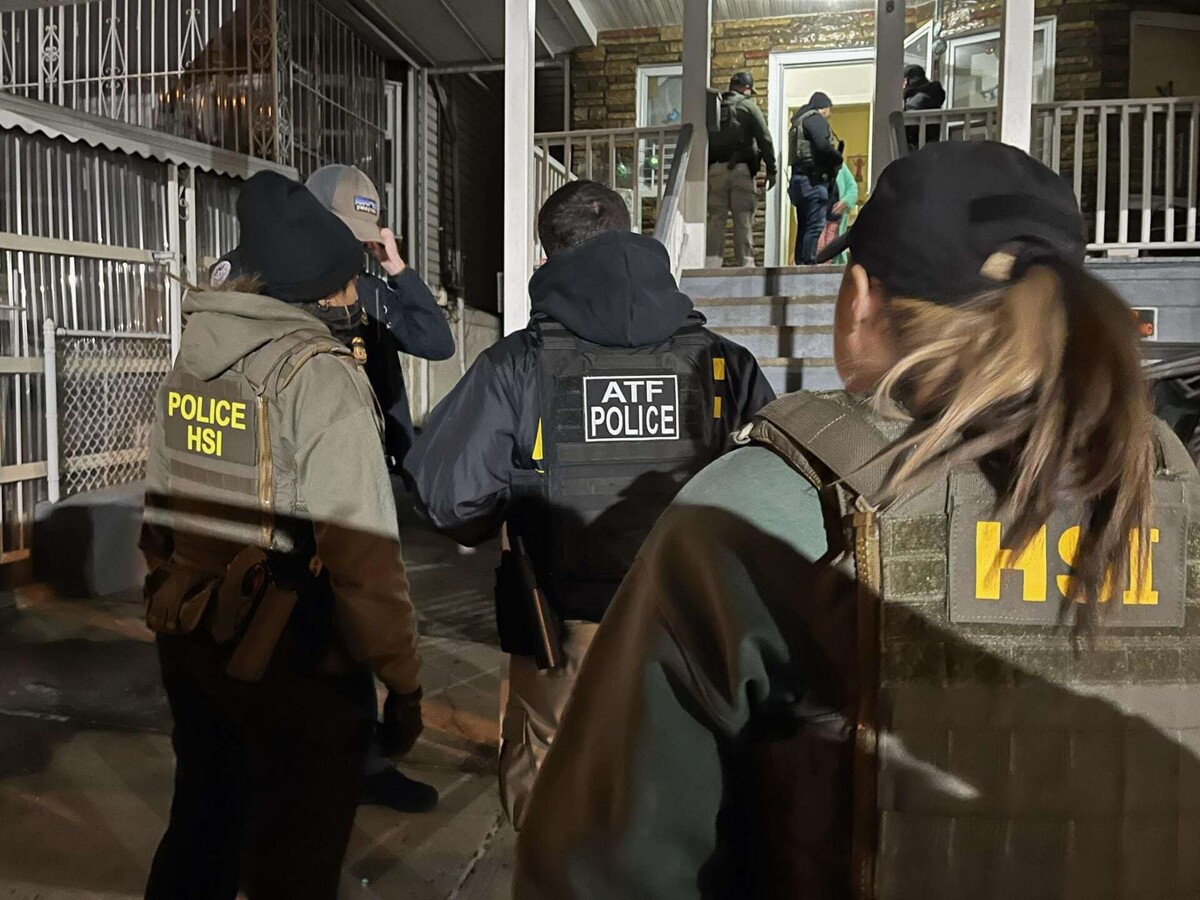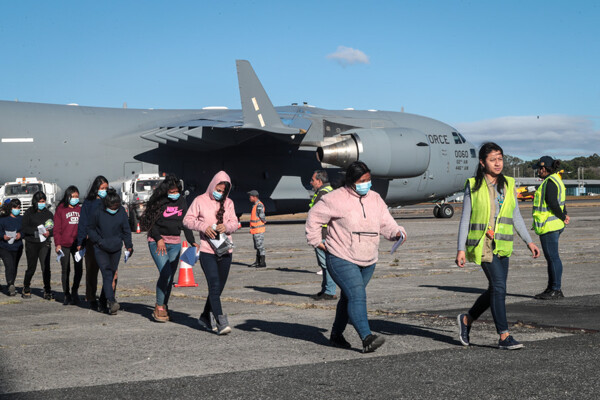
The government of former President Donald Trump imposed more obstacles for people seeking asylum or who are under temporary protection. One of his measures was to order the deployment of military troops at the border with Mexico in order to block the passage of migrants attempting to enter illegally, according to U.S. immigration policy. According to the Trump administration, these actions aim to capture foreign criminals trying to evade detention.
One of the most controversial actions was the launching of anti-immigrant raids in previously protected places, such as schools and churches. Authorities argued that it is in these sites where foreign criminals hide to avoid deportation. From the first day of his term, Trump declared a "national emergency" at the border with Mexico, thus allowing the use of military forces to repel what he called an "invasion" of migrants seeking asylum.
In an attempt to accelerate the deportation process of migrants, the Trump administration ordered the "expedited removal" of those who enter the U.S. territory irregularly. Despite rumors of possible mass raids in Los Angeles, the Mexican consul in that city, Carlos González Gutiérrez, reported that, so far, no such actions have taken place in the area.
González Gutiérrez clarified that there was no evidence of mass raids or random detentions in the streets, schools, or churches. However, he acknowledged that the situation could change at any moment. The consul confirmed that during the weekend, 17 Mexican citizens were detained, a number consistent with usual detention averages, which typically focus on adults with criminal records.
On the other hand, the U.S. Immigration and Customs Enforcement announced that it would intensify raids against migrants in three different cities each week. Aiming to detain at least 1,200 people daily, immigration agents have been accelerating their operations since Trump's arrival in power, promising mass deportations of non-American individuals. For this week, raids are expected to focus on Chicago, New York, and Aurora, a suburb of Denver with a high Hispanic population.














